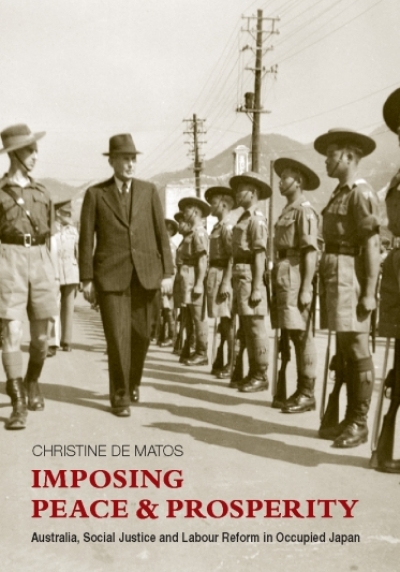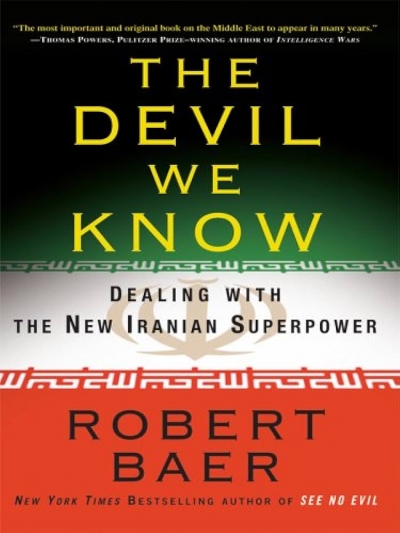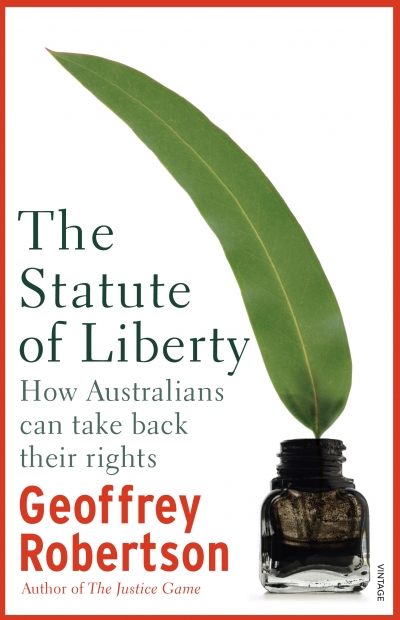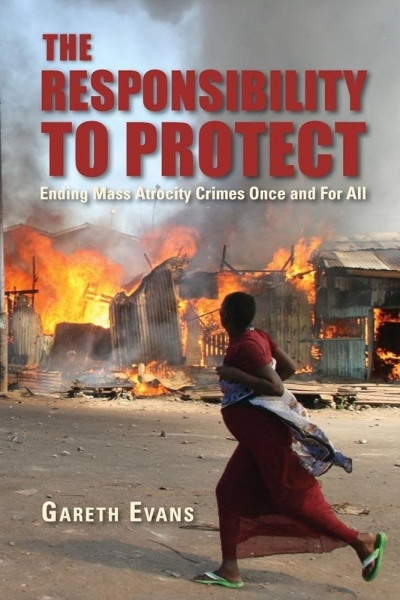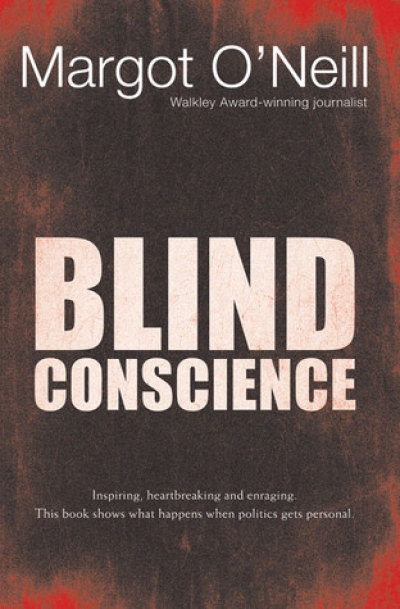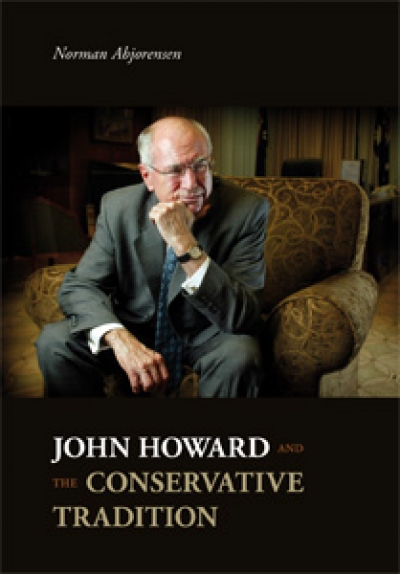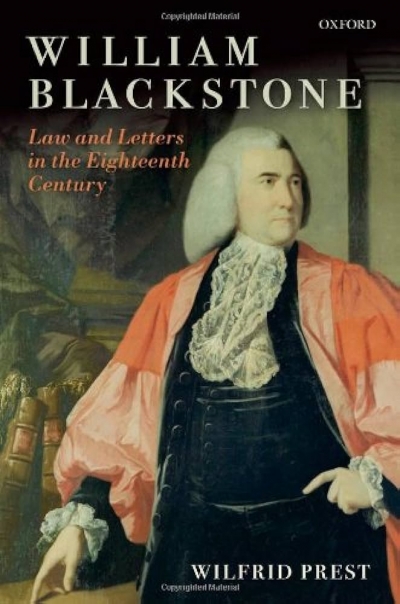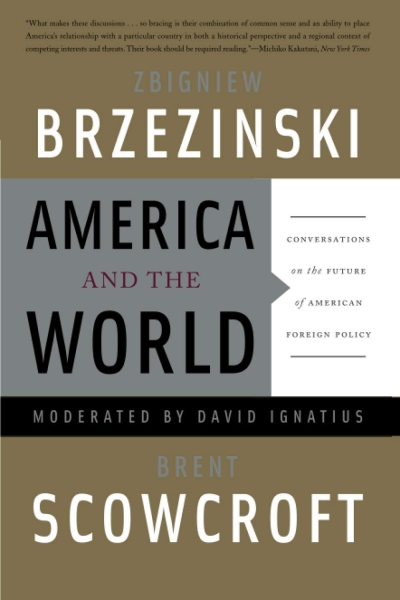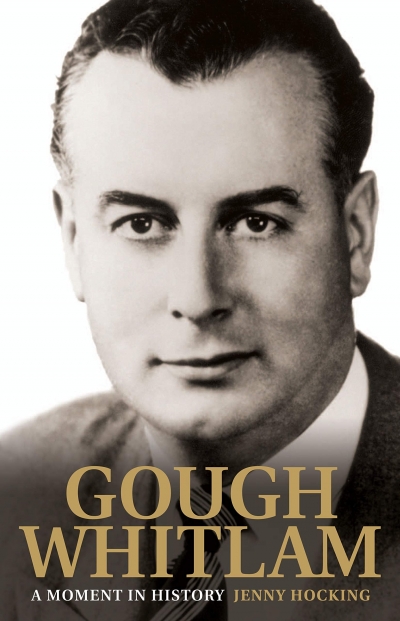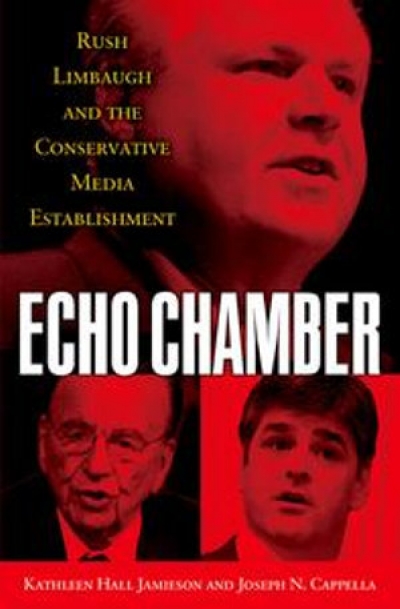Politics
Imposing Peace and Prosperity: Australia, Social justice and Labour reform in occupied Japan by Christine de Matos
by Wayne Reynolds •
The Devil We Know: Dealing with the new Iranian superpower by Robert Baer
by Richard Broinowski •
The Statue of Liberty: How Australians Can Take Back Their Rights by Geoffrey Robertson
by Patrick Allington •
The Responsibility to Protect: End mass atrocity crimes once and for all by Gareth Evans
by Allan Gyngell •
John Howard and the Conservative Tradition by Norman Abjorensen
by Judith Brett •
William Blackstone: Law and Letters in The Eighteenth-Century by Michael Kirby
by Michael Kirby •
America and the World: Conversations on the future of American foreign policy by Zbigniew Brzezinski and Brent Scowcroft, moderated by David Ignatius
by Hugh White •
Gough Whitlam: A moment in history (Volume One) by Jenny Hocking
by Neal Blewett •
Echo Chamber by Kathleen Hall Jamieson and Joseph N. Cappella & Why Democracies Need an Unlovable Press by Michael Schudson
by Rod Tiffen •

